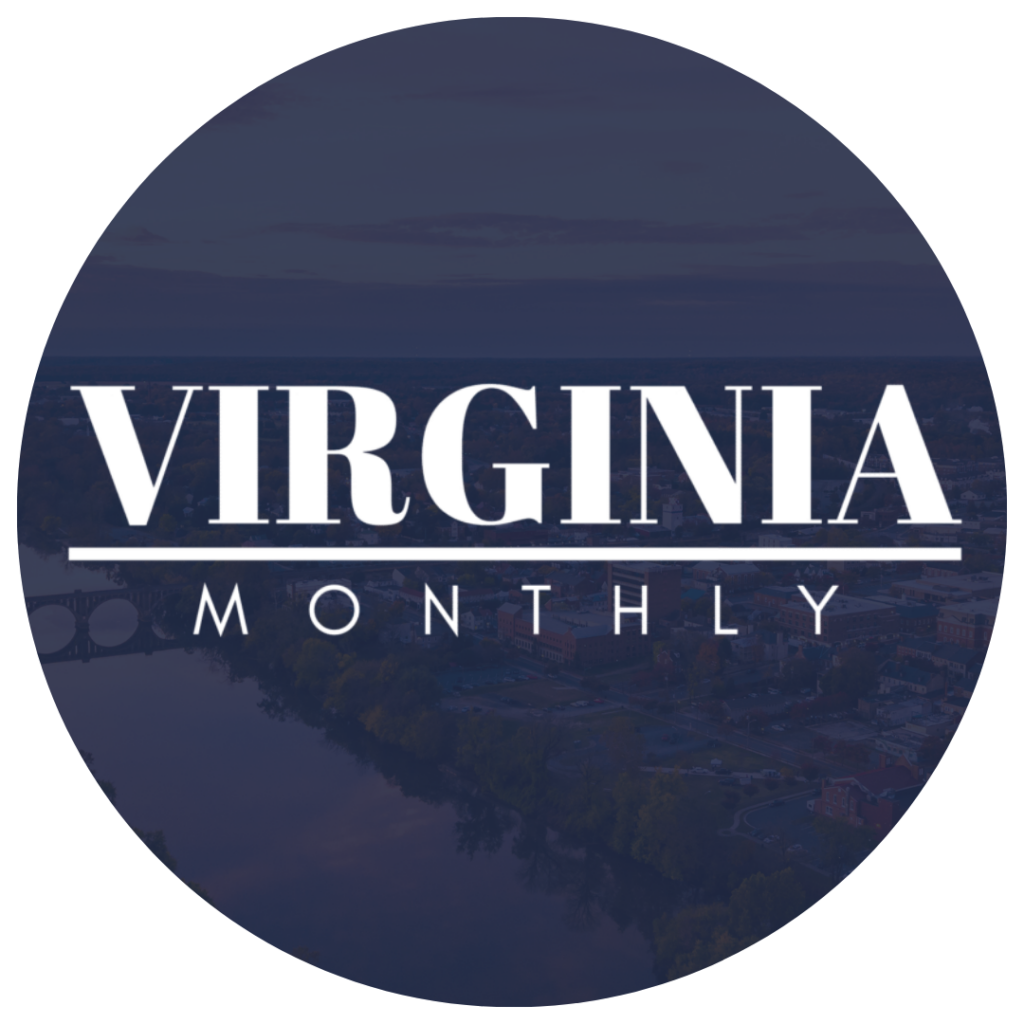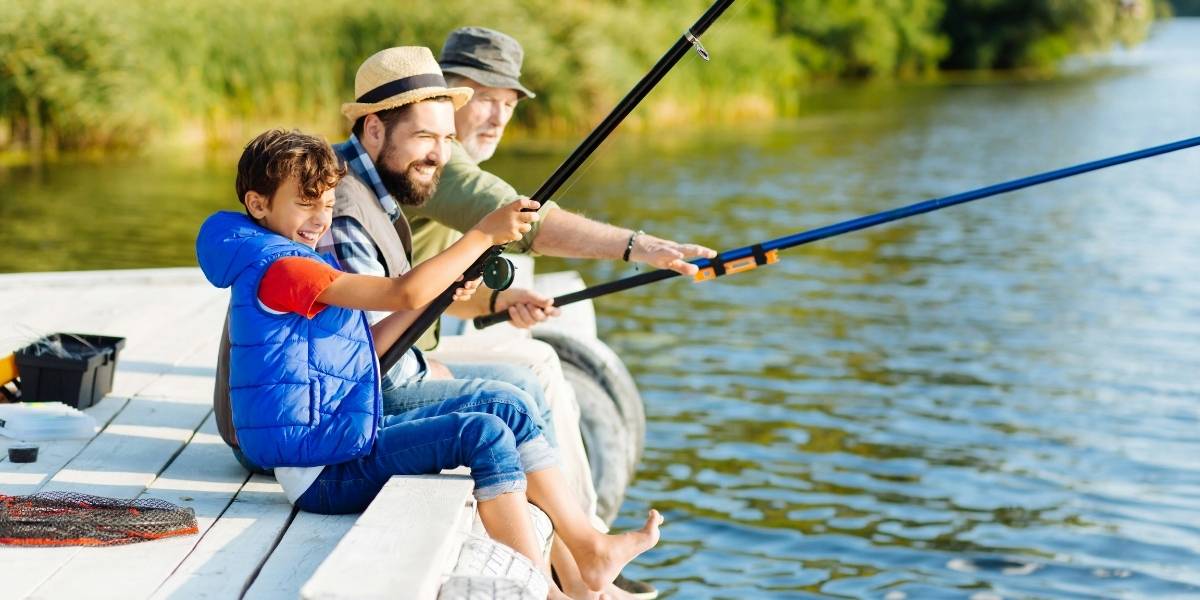Music events often serve as more than just entertainment; they provide spaces where people come together, share experiences, and deepen their connections to culture and community. Whether through the rhythms of a local festival or the harmonies of a concert hall, these gatherings create opportunities for social interaction and cultural exchange that resonate beyond the music itself.
Read also:Exploring Outdoor Concerts: A Unique Musical Experience
Why Do Music Events Create a Sense of Community?
Music has a unique ability to bring people together. At music events, attendees share a common interest, which fosters a sense of belonging. This shared enthusiasm often leads to interactions between strangers, encouraging social bonds that might not otherwise form. When people gather to enjoy live performances, the collective energy can build a feeling of unity, as individuals connect through the experience of sound and rhythm.
Beyond the immediate enjoyment, music events often provide a platform for communities to celebrate their identity. For many, these occasions are moments to express cultural heritage, values, and stories. The atmosphere at such events encourages participants to engage with others who share similar backgrounds or interests, reinforcing cultural ties and promoting understanding across diverse groups.
How Do Music Events Encourage Cultural Exchange?
At music events, the diversity of styles and performers often mirrors the richness of the cultures they represent. These occasions create spaces where people encounter new traditions, languages, and histories embedded within the music. Attending a music event can open doors to appreciating cultures different from one’s own, fostering respect and curiosity.
Music also serves as a universal language, capable of transcending linguistic and cultural barriers. When people listen together, they participate in a shared emotional journey. This experience can highlight common human experiences and values, emphasizing what unites rather than separates communities.
What Role Does Participation Play in Building Connections?
Active participation—whether singing along, dancing, or simply being present—enhances the communal experience at music events. These shared actions amplify feelings of togetherness and engagement. The physical and emotional involvement often creates lasting memories that help strengthen personal and collective identities.
Moreover, many music events invite local artists and community members to take part, offering a platform for emerging voices and cultural expression. This inclusivity can deepen community ties, as people recognize and celebrate the talents and stories within their own neighborhoods or regions.
Can Music Events Influence Social Well-being?
There is a growing understanding that music and communal gatherings can positively impact social well-being. Music events provide opportunities for relaxation, joy, and stress relief, all of which contribute to mental health. The social interactions that occur during these events can also help reduce feelings of isolation, fostering a sense of support and connection.
The collective experience of attending a music event can help individuals feel part of something larger than themselves. This feeling of belonging has been linked to increased resilience and overall life satisfaction. Through music, people can find solace and inspiration, even in challenging times.
How Do Music Events Reflect and Shape Cultural Identity?
Music events often serve as living expressions of cultural identity. They allow communities to showcase their traditions, history, and artistic evolution. Through performances, storytelling, and shared rituals, these gatherings affirm a group’s sense of self and continuity.
At the same time, music events contribute to cultural change by introducing new influences and encouraging innovation. The interaction between different musical styles and cultural perspectives can lead to fresh expressions that reflect a community’s evolving identity. This dynamic interplay between tradition and innovation highlights the importance of music events as spaces where culture is both preserved and reshaped.
What Challenges and Opportunities Arise from Music Events?
While music events can foster connection, they also face challenges related to accessibility and inclusivity. Not all members of a community may feel welcomed or represented at every event. Factors such as cost, location, and cultural barriers can limit participation.
Addressing these challenges offers an opportunity to create more inclusive and diverse gatherings that reflect the full spectrum of community experiences. When organizers and participants work toward openness and representation, music events become stronger platforms for cultural connection and social cohesion.
Read also: Music’s Influence on Emotional and Mental Balance
Why Does the Impact of Music Events Extend Beyond the Event Itself?
The effects of music events often linger well after the last note fades. The relationships formed, the cultural understanding gained, and the emotional experiences shared can influence attendees’ lives in meaningful ways. These events can inspire ongoing engagement with the arts and with the community, encouraging people to participate in future gatherings or explore cultural traditions more deeply.
Music events contribute to the social fabric by fostering networks of support and creativity. They can spark collaborations, friendships, and initiatives that continue to enrich communities. In this way, music becomes a catalyst for connection that extends far beyond the event itself.








